
Menu
< Main Menu
Social Media

Lorem ipsum dolor sit amet, consectetur adipiscing elit, sed do eiusmod tempor incididunt ut labore et dolore magna aliqua. Ut enim ad minim veniam, quis nostrud exercitation ullamco laboris nisi ut aliquip ex ea commodo consequat. Duis aute irure dolor in reprehenderit in voluptate velit esse cillum dolore eu fugiat nulla pariatur.
Block quote
Ordered list
Unordered list
Bold text
Emphasis
Superscript
Subscript
Roof pitch, an essential aspect of architectural design, plays a crucial role in defining the character and functionality of a building. It's not just a design element; it's a calculated decision that affects everything from aesthetics to weather resistance. Understanding roof pitch is vital for homeowners, architects, and builders alike. This comprehensive guide will delve into the intricacies of roof pitch, explaining its importance, how it's measured, and its impact on roof design. Whether you're planning a new build or a renovation, a grasp of roof pitch and how to utilize a roof pitch chart is invaluable in making informed decisions.
Roof pitch, or slope, is the angle at which a roof rises from its lowest point to its highest. It's typically expressed as a ratio of vertical rise to horizontal run, such as 4:12, meaning the roof rises 4 inches for every 12 inches of run. The pitch of a roof determines several key aspects of a building, including drainage, aesthetic appeal, and potential attic space. Different styles of roofs, from gable to hip, have varying standard pitch ranges, each suited to different architectural styles and functional needs.
The choice of roof pitch has practical implications in design and construction. A steeper pitch can enhance drainage and is ideal in regions with heavy rainfall or snowfall. It also allows for more attic space, which can be used for storage or additional living areas. On the other hand, a lower pitch is often seen in modern and minimalist designs, offering a sleek look but requiring special materials and considerations for effective water drainage. The pitch also affects the choice of roofing materials; certain shingles and tiles are better suited for specific pitches.
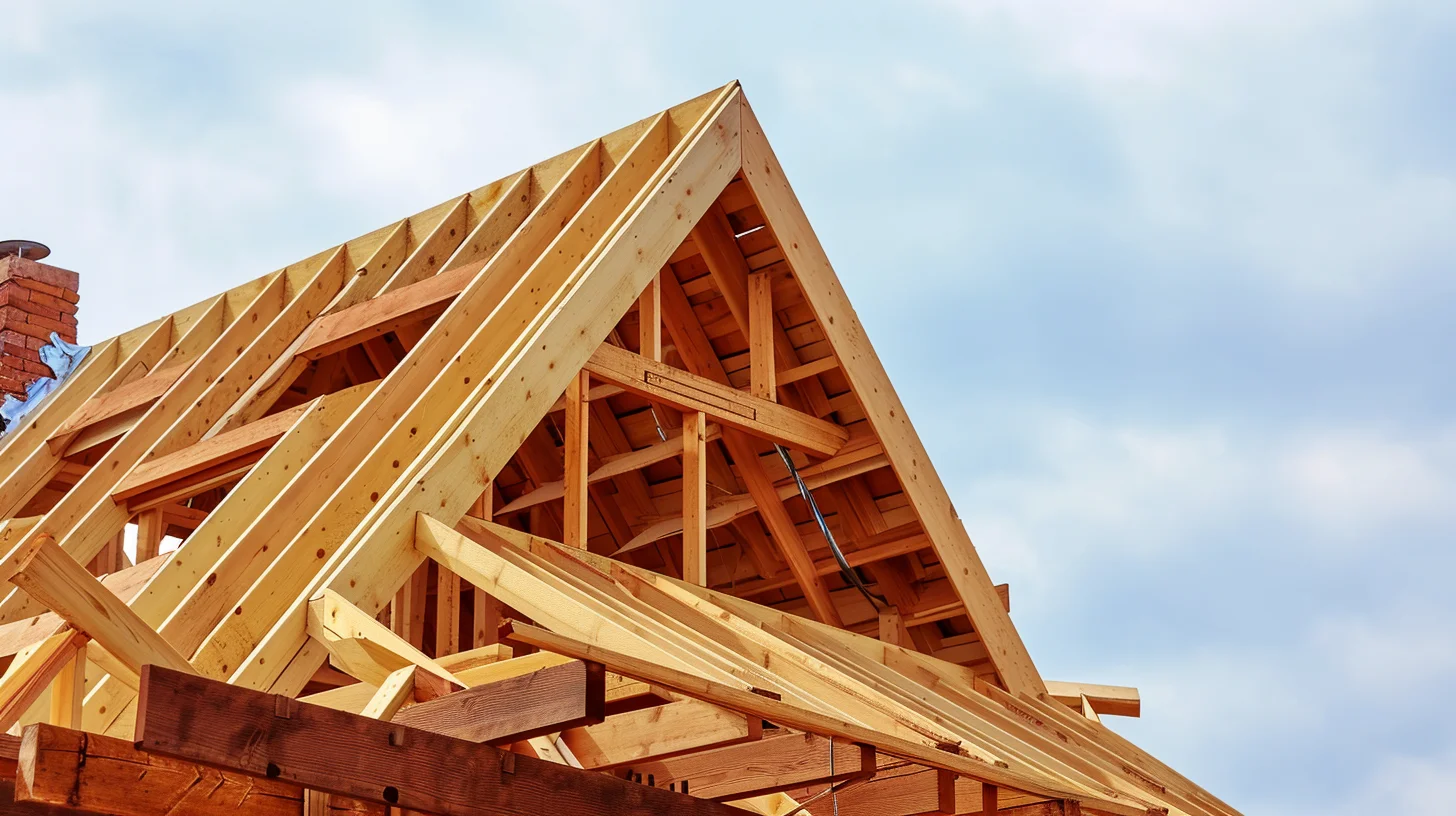
In modern architecture, there's a trend towards innovative roof designs that challenge traditional pitch concepts. Green roofs, solar panel integration, and skylights are being incorporated into roof designs, requiring careful consideration of pitch for optimal functionality. Technological advancements in roofing materials also allow for more flexibility in roof pitch without compromising on durability or weather resistance. These innovations reflect a growing emphasis on energy efficiency, sustainability, and maximizing living space.
In conclusion, the importance of roof pitch in residential and commercial buildings cannot be overstated. It's a critical factor that influences not only the aesthetic appeal of a structure but also its practicality and durability. By understanding the basics of roof pitch and staying informed about current trends and innovations, homeowners and builders can make choices that enhance the functionality and beauty of their buildings. As architectural styles and technologies evolve, so too will the approaches to roof pitch, continuing to shape the skylines of our communities.

Extend your roof's lifespan with this routine inspection and maintenance schedule.
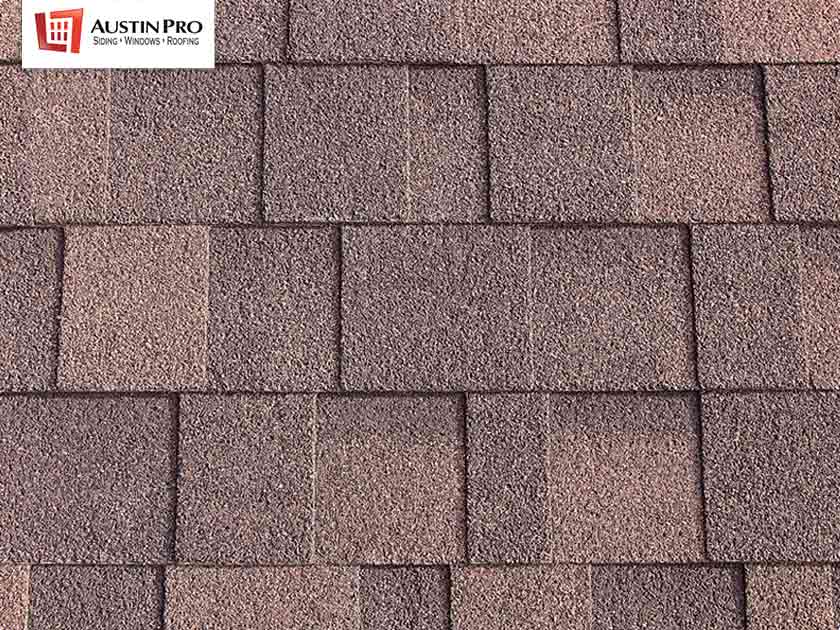
Granules in the gutter? Find out if this is normal wear or a sign of immediate failure.
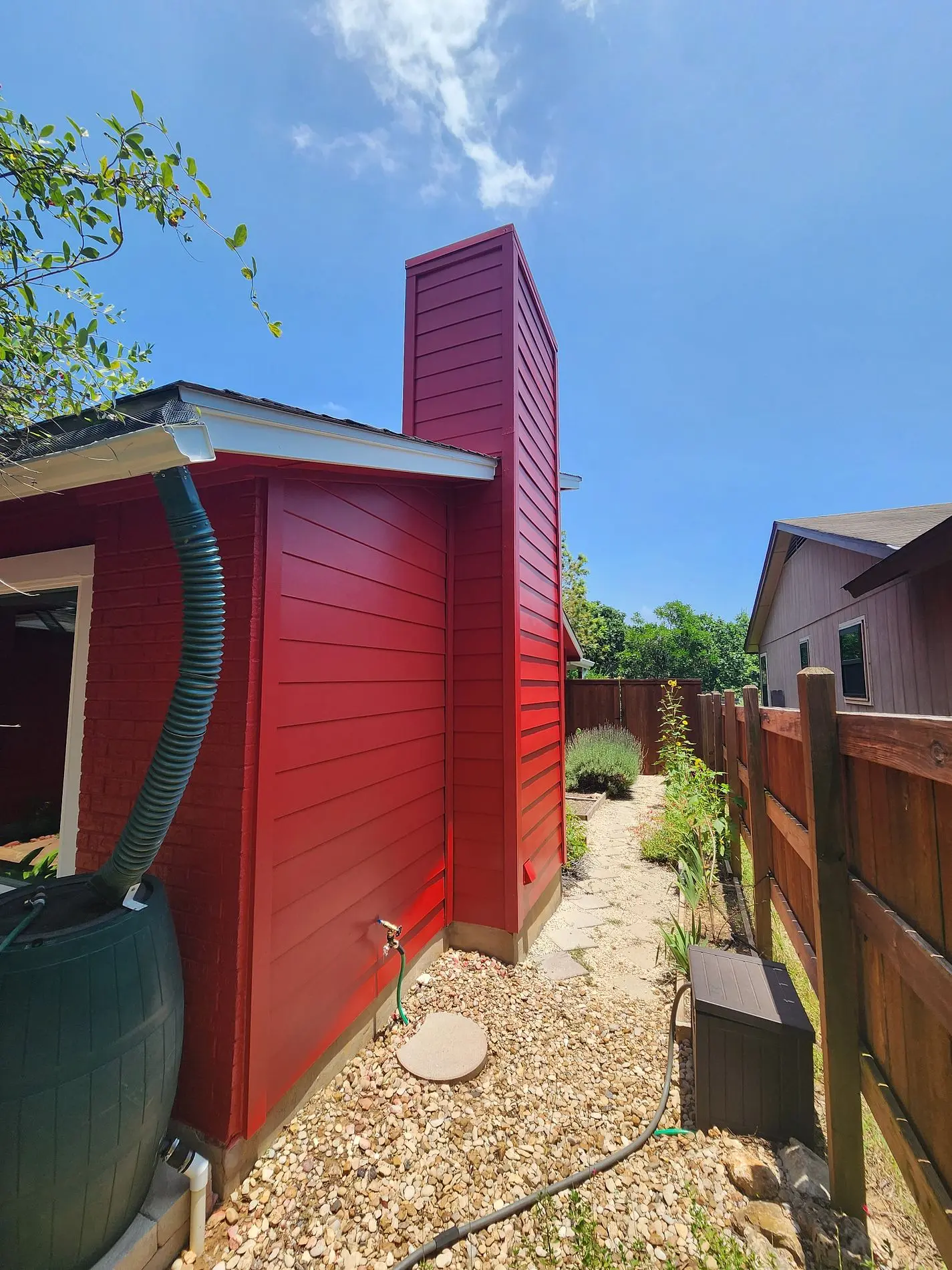
Confused by construction jargon? We define the most common siding terms every homeowner should know before starting a renovation project.

Enjoy the outdoors without the bugs. We explore the transformative benefits of adding a screened-in porch to your living space.
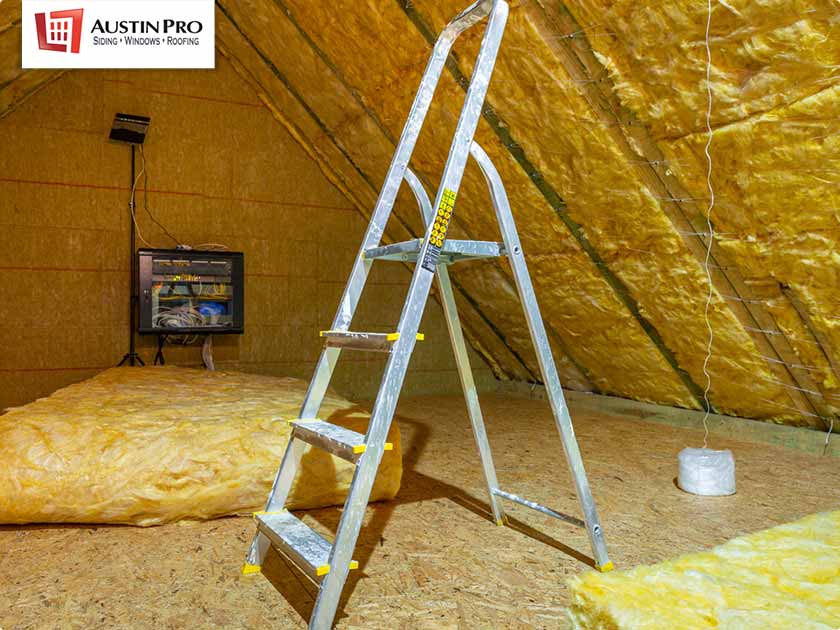
A new roof does more than keep you dry. Discover how modern roofing systems improve insulation and ventilation to lower energy costs.
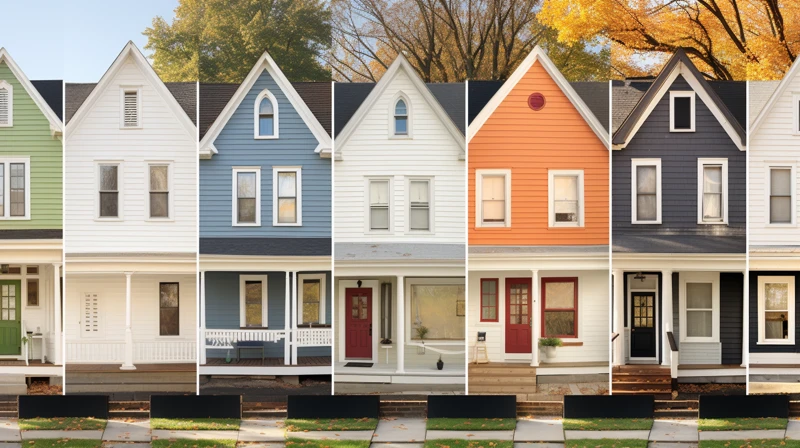
Trace the evolution of siding materials from traditional wood to modern, durable synthetics that offer superior protection and style.